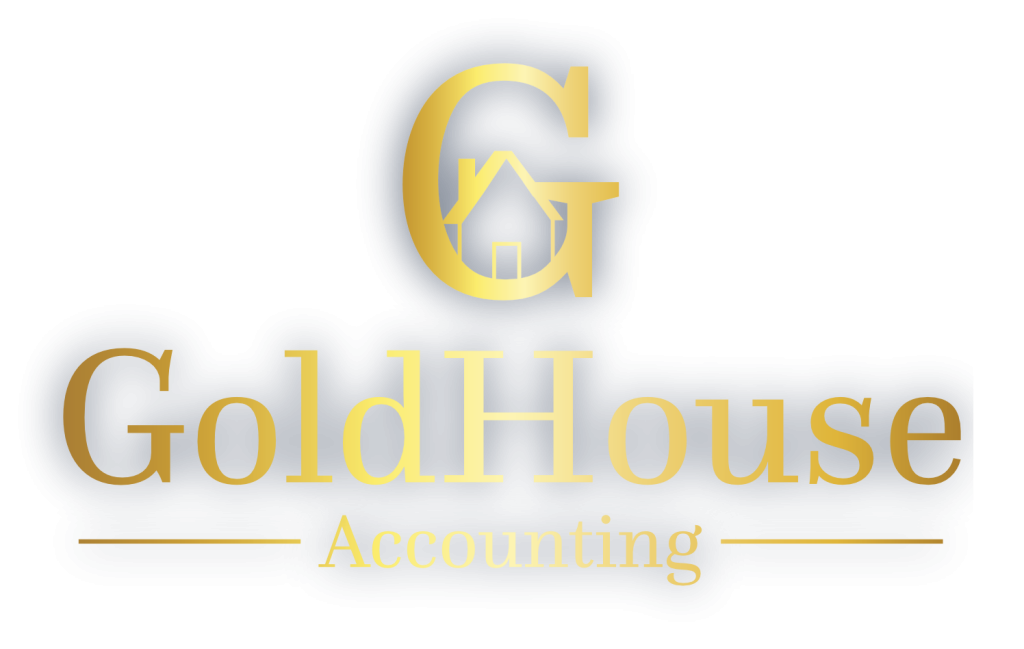You’ve spent months, maybe years, navigating planning permissions, construction delays, finance costs, and investor updates. Now your development is nearly complete, but you’re facing the most important financial decision yet: your exit.
Do you sell now and risk a hefty tax bill? Or hold and generate long-term income? Could extracting funds ruin your cash flow or worse, your future plans?
At GoldHouse Accounting, we help property developers exit smart, not stressed. The right tax strategy at the exit stage can save you thousands, protect your wealth, and set up your next project with clarity.
Sell or Hold? The Tax Implications of Each Option
The decision to sell or retain your property isn’t just about market conditions, it’s a tax decision too.
Sell: You may face Corporation Tax on trading profits (if your development is inside a limited company) or Income Tax if it’s treated as personal income. The structure of your business and the type of property both matter.
Hold: Retaining the property can offer long-term income and asset growth, especially if it aligns with your wider wealth strategy. But it’s not as simple as changing your mind mid-project. If you originally intended to sell and later decide to hold, HMRC may treat that as a change of intent, triggering a taxable event even if no sale occurs. This is often called a “dry” tax charge. That’s why it’s crucial to plan the structure from day one if holding is even a remote possibility.
We help clients model both scenarios so they can act with confidence, not guesswork.
What’s the Difference between SPV Disposal vs. Asset Sale?
A Special Purpose Vehicle (SPV) is often used in development projects. But when exiting, you can:
- Sell the property (asset sale), triggering Stamp Duty and Corporation Tax
- Sell the shares in the SPV, which may result in Capital Gains Tax (CGT) at lower rates
Share sales can be attractive to buyers (especially overseas investors), but they require clean accounts and strategic setup from the start. If your exit involves multiple properties or investors, speak to us about the most efficient route.
Extracting Profits: Salary, Dividends, Loans, or Pensions?
Once the profits are in the business, how you extract them is critical.
- Salary gives pension contributions and NI credit, but is taxed heavily.
- Dividends are more tax-efficient but have their own limits and implications.
- Home office and/or loan interest agreements with the directors.
- Director loans can be tax-efficient short term, but must be handled carefully.
- SSAS pensions allow you to move profits into a tax-free wrapper while planning for the future.
Many clients use a combination. We create bespoke profit extraction plans that align with your lifestyle goals, whether that’s buying a family home or investing in future developments.
CGT vs. Income Tax: What Applies to You?
Not all profit is taxed the same. If you sell as an individual and HMRC considers your activity as “trading,” you’ll likely face Income Tax, which can reach 45%. If it qualifies as an investment, you might be eligible for Capital Gains Tax, usually at lower rates.
Structuring your projects correctly from the outset is key and it’s never too late to reassess before exit.
When Retaining for Letting Makes Strategic Sense
Holding the property to rent can create predictable income, long-term capital growth, and options to refinance for future projects. But the tax treatment depends on your original intent.
If you began the project intending to sell and later switch to letting, HMRC may treat the change as a disposal at market value, resulting in a “dry” tax charge where you’re taxed on paper profit without receiving any cash. To avoid this, it’s essential to set up the right structure from the outset, such as separating trading and investment activities or using group companies.
When structured properly, holding can be a powerful strategy to build passive income, diversify your portfolio, reinvest into commercial or mixed-use properties, or transfer assets to a SSAS or holding company for long-term wealth and protection.
Involving Investors: Distribution & Returns
If you have private investors, they’ll be expecting clarity around timelines, returns, and exit structure.
You’ll need to consider:
- Whether returns are paid as interest (loan) or equity (profit share)
- Whether distributions are made before or after tax
- Whether investor repayment affects your ability to fund the next deal
Transparent planning avoids surprises and costly missteps.
Your Exit Strategy Checklist
Before you exit your development project, make sure you’ve reviewed:
- Tax obligations (Corporation Tax, CGT, VAT, SDLT)
- Legal structure (SPV setup, contracts, share sale options)
- Investor repayments and profit splits
- Reinvestment opportunities for your next deal
- Personal profit extraction and pension use
- Asset protection for long-term wealth
- Finance repayment planning and loan clearance
Strategic Exits Build Generational Wealth
Exiting a development isn’t the finish line. With the right structure in place, you can fund your next project, protect your family’s wealth and start building the legacy you’ve worked so hard for.
At GoldHouse Accounting, we help property developers like you turn complex exits into confident strategies. Whether you’re selling one unit or selling a multi-million-pound property development, we’re here to guide every financial and tax decision with clarity, precision, and results.
Want your next exit to be smooth, tax-smart and wealth-building. Book a discovery call with GoldHouse and unlock the strategy behind every successful development.



